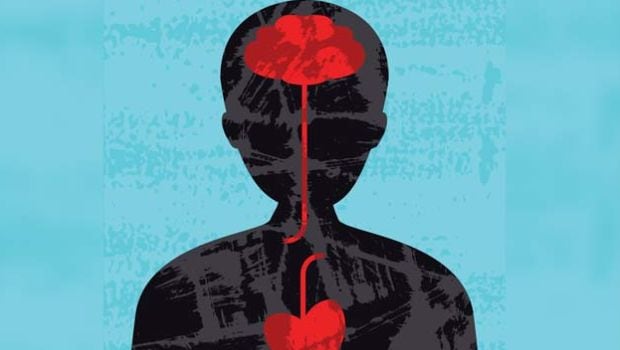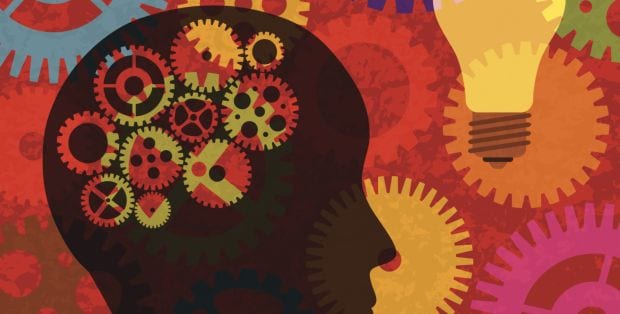Our brain is responsible in many ways for controlling, recognizing and feeling emotions and reactions to people, places and things. Without a doubt, human relationships have a lot do with our emotions but there is a strong science behind it too. The emotions that exist within your body are largely responsible for how you react to everything. Your brain influences your social relationships and emotions in more ways than you think. For the first time, scientists have discovered that a type of neurotransmitter called dopamine plays an important role in bonding and forming human relationships. The study was carried out at the Northwestern University and published in the journal Proceedings of the National Academy of Sciences. Dopamine is a chemical that controls our brains reward and pleasure centres and is also responsible for generating feelings and emotions associated with them.

It regulates our emotions in such situation and not only makes us feel in a certain way but, interestingly, it also leads us to act towards it. A deficiency of dopamine can lead to Parkinson’s disease and make people vulnerable and more prone to addiction. For this study, 19 pairs of infants and mothers were examined with the goal of finding new therapies to deal with dopamine related disorders. The study points out that an infant’s brain behaves very differently from an adult’s brain and it shows that the biological processes in the mother’s or father’s brain can actually impact their child’s productivity and social behaviour.To reach this conclusion, researchers made use of a special machine that can carry out two different kinds of brain scans – functional magnetic resonance imaging (fMRI) and positron emission tomography (PET). The fMRI machine studies the brain in slices like a loaf of bread and tracks the flow of blood to different parts of the body.
The research was led by Lisa Feldman Barrett of Northeastern University psychology. The team linked the mother’s level of dopamine to her degree of synchrony with the child and also to the strength of the connection within a brain network called the medial amygdala network that works to support social affiliation. The research finally concludes that a child's social environment can have a significant impact on his or her brain development. With inputs from IANS

It regulates our emotions in such situation and not only makes us feel in a certain way but, interestingly, it also leads us to act towards it. A deficiency of dopamine can lead to Parkinson’s disease and make people vulnerable and more prone to addiction. For this study, 19 pairs of infants and mothers were examined with the goal of finding new therapies to deal with dopamine related disorders. The study points out that an infant’s brain behaves very differently from an adult’s brain and it shows that the biological processes in the mother’s or father’s brain can actually impact their child’s productivity and social behaviour.To reach this conclusion, researchers made use of a special machine that can carry out two different kinds of brain scans – functional magnetic resonance imaging (fMRI) and positron emission tomography (PET). The fMRI machine studies the brain in slices like a loaf of bread and tracks the flow of blood to different parts of the body.
The research was led by Lisa Feldman Barrett of Northeastern University psychology. The team linked the mother’s level of dopamine to her degree of synchrony with the child and also to the strength of the connection within a brain network called the medial amygdala network that works to support social affiliation. The research finally concludes that a child's social environment can have a significant impact on his or her brain development. With inputs from IANS
Advertisement










